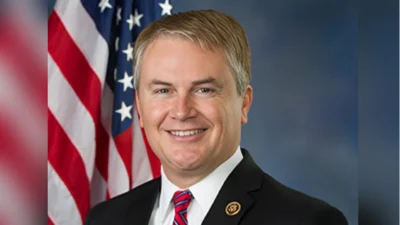Dear Senator Collins:
I am writing to express my strong support for your amendment to ensure strong capital requirements for our nation’s financial institutions. This amendment is a critical element to ensure that U.S. financial institutions hold sufficient capital to absorb losses during future periods of financial stress. With new resolution authority, taxpayers will no longer bail out large financial institutions. This makes it imperative that they have sufficient capital to stand on their own in times of adversity.
During the crisis, FDIC-insured subsidiary banks became the source of strength both to the holding companies and holding company affiliates. Far from being a source of strength to banks as Congress intended, holding companies became a source of weakness requiring federal support. If, in the future, bank holding companies are to become sources of financial stability for insured banks, then they cannot operate under consolidated capital requirements that are numerically lower and qualitatively less stringent than those applying to insured banks. This amendment would address this issue by requiring bank holding companies to operate under capital standards at least as stringent as those applying to banks.
The crisis also demonstrated the dangers of excessive leverage undertaken by large nonbanks outside of the scope of federal bank regulation. Notable examples included the excessive leverage of the largest investment banks during the run-up to the crisis, and the extremely high leverage of Fannie Mae and Freddie Mac. To remedy this, and prevent regulatory gaps and arbitrage, large nonbank financial institutions deemed to be systemic must be held to the same, or higher, capital standards as those applying to banks and bank holding companies. Again, the amendment accomplishes this goal simply and directly.
Finally, and more broadly, the crisis identified the dangers of a regulatory mindset focused exclusively on the soundness of individual banks without reference to the “big picture." For example, an individual overnight repo may be safe, but widespread financing of illiquid securities with overnight repos left the system vulnerable to a liquidity crisis. A financial system-wide view requires regulators, working in conjunction with the new Financial Services Oversight Panel, to develop capital regulations to address the risks of activities that affect the broader financial system, beyond the bank that is engaging in the activity.
We at the FDIC remain committed to working with you towards a stronger financial system. This amendment will be an important step in accomplishing this goal.
Sincerely,
Sheila C. Bair
Source: U.S. Senate Committee on Homeland Security and Governmental Affairs








